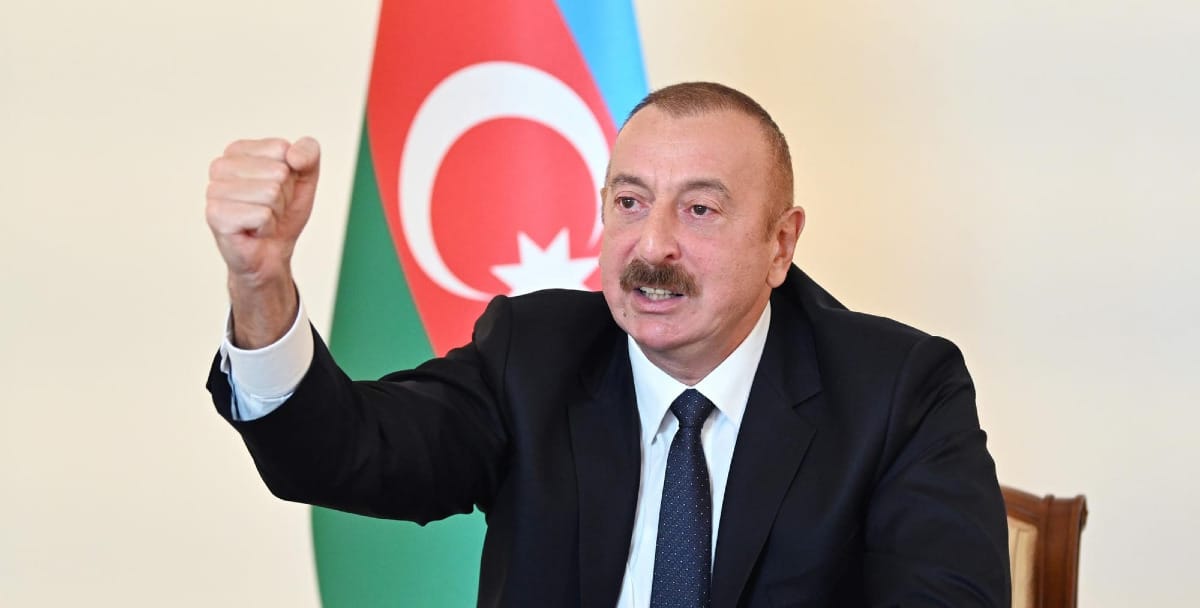Azerbaijan’s Ruling Party Expected to Extend Dominance in Snap Election
The current administration will likely continue its policies both domestically and in foreign relations.

Azerbaijan’s ruling New Azerbaijan Party (YAP) is widely expected to extend its control over the country’s parliament following a snap election held on Sunday. The vote was moved forward by President Ilham Aliyev to avoid coinciding with the United Nations Climate Conference (COP29) scheduled in Baku later this year.
Background on New Azerbaijan Party
The New Azerbaijan Party, founded in 1992 by former President Heydar Aliyev, has dominated Azerbaijan’s political landscape for nearly three decades. After Heydar Aliyev’s death in 2003, his son Ilham Aliyev assumed the presidency and continued his father's political legacy. Under Ilham’s leadership, YAP has maintained a strong hold over the 125-seat Milli Mejlis, Azerbaijan’s parliament, where it currently controls 69 seats. The remaining seats are mainly occupied by smaller pro-government parties or independents, leaving little room for opposition voices.
Election and Political Climate
This election is the first since Azerbaijan's military victory last year, which saw the country regain control over the disputed Nagorno-Karabakh region, previously held by ethnic Armenian forces since a ceasefire in 1994. The swift military operation resulted in the exodus of around 120,000 ethnic Armenians and reinforced nationalist sentiments within Azerbaijan. The timing of the election, moved up from November, is seen by many analysts as an effort by the Aliyev administration to capitalize on this heightened nationalistic fervor.
However, past elections in Azerbaijan have been criticized for not meeting international standards. The Organization for Security and Cooperation in Europe (OSCE), which monitors elections across the region, has previously highlighted issues such as voter suppression and lack of transparency in Azerbaijan's electoral processes. A significant OSCE observer mission is in place to monitor Sunday’s vote, with a preliminary assessment expected on Monday.
Challenges for the Opposition
Opposition parties, including Musavat and the Republican Alternative (REAL), face an uphill battle. Musavat, the country’s major opposition party, had 34 candidates but only 25 were allowed to register. REAL, another key opposition group, managed to field just 12 candidates. Despite their limited numbers, these parties aim to challenge YAP's dominance and bring more diverse voices into the legislative arena, but success is uncertain given the tightly controlled political environment.
Implications of the Vote
The snap election is unlikely to result in significant changes to Azerbaijan’s political landscape. With YAP expected to maintain its legislative dominance, the current administration will likely continue its policies both domestically and in foreign relations. International observers and rights organizations will be closely watching the OSCE’s assessment to see if it prompts any calls for electoral reform.
For now, Azerbaijan appears set to continue its current trajectory under Aliyev's leadership, balancing internal consolidation with external relations, particularly its strategic role as an oil and gas supplier. The outcome of this election may further entrench the ruling party’s power while leaving open the question of democratic reform in the long term.





